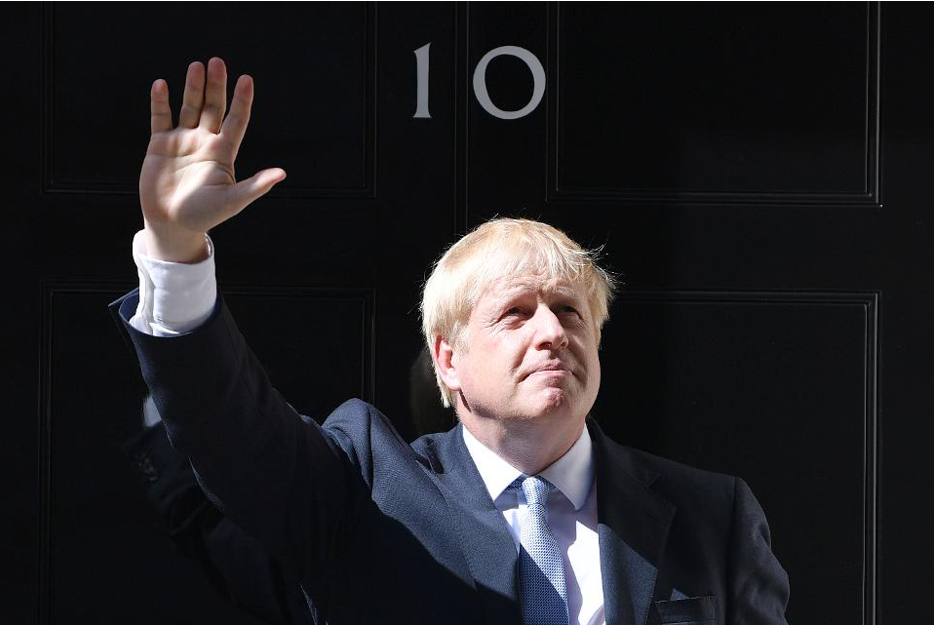
The British Labour Party campaigned on a platform that included a proposal for the state to close independent schools and seize their assets. Such an incredibly illiberal action was justified in the minds of some because private education in Britain, despite efforts at providing financial aid, is very exclusive.
Labour may have been unaware they were following in the footsteps of the American Ku Klux Klan, which managed to (temporarily) close Oregon private schools in the early 20th century.
The breathtaking hypocrisy of the exclusivity complaint lies in the fact that a Labour government in 1997 eliminated a publicly funded financial aid program known as the Assisted Places Scheme, which assisted lower-income families wishing to send their children to private schools. Labour made private education more exclusive in 1997 and complains in 2019 about the exclusivity of private education, proposing to forcibly close private schools and seize their assets.
Charming.
Well, the British public thought better of putting a group of would-be Stalinists in charge of their country. The British Conservatives won a landslide victory, including several seats that had been held by Labour candidates for many decades. What better time to address the private school exclusivity issue?
The British government should bring back aid to families – and make it better than ever.
Both history and American experience could provide pointers. Tony Blair’s Labour Party didn’t have much trouble eliminating Assisted Places in 1997 because the program only served 34,000 students with 355 schools. Britain has about four times as many students as Florida (10 million compared to 2.5 million), but the Florida Tax Credit Scholarship program currently serves almost three times as many students and has five times the number of participating schools when compared to Assisted Places in 1997. Assisted Places needed a larger and more active constituency in order to survive.
A development from across the pond could help broaden this constituency. The evolution of choice programs from vouchers to education savings accounts has expanded the universe of education service providers while allowing parents to customize an education for their child. This approach should be an option for everyone, but it has proved especially beneficial to children with disabilities in early American programs. While traditional private schools may be a great solution for some children, others might profit from having their own a la carte mix of tutors, therapists and/or courses.
Prime Minister Johnson should, in essence, do the things necessary to make private education more accessible and less exclusive – and he should do it in such a way that no rational future government would seek to unravel. If he were to succeed, he would expand opportunities for disadvantaged children and create a legacy that eluded Prime Minister Thatcher.



Agreed, vouchers to subsidize places in traditional private schools should make an improving UK education system fairer and more accessible than it currently is, and a successful English model could, in turn, further increase the popularity of private education in the United States, which is so in need of such a sector since it is the only one not subject to the continuing mistake that is the “Every Student Succeeds” act and its counterproductive federal testing mandate. Both nations should also investigate Hong Kong’s Direct Subsidy Scheme, which frees outstanding institutions like Li Po Chun United World College from many of the restrictions that continue to prevent America’s less free charter schools from achieving comparable excellence in any of America’s 50 states.